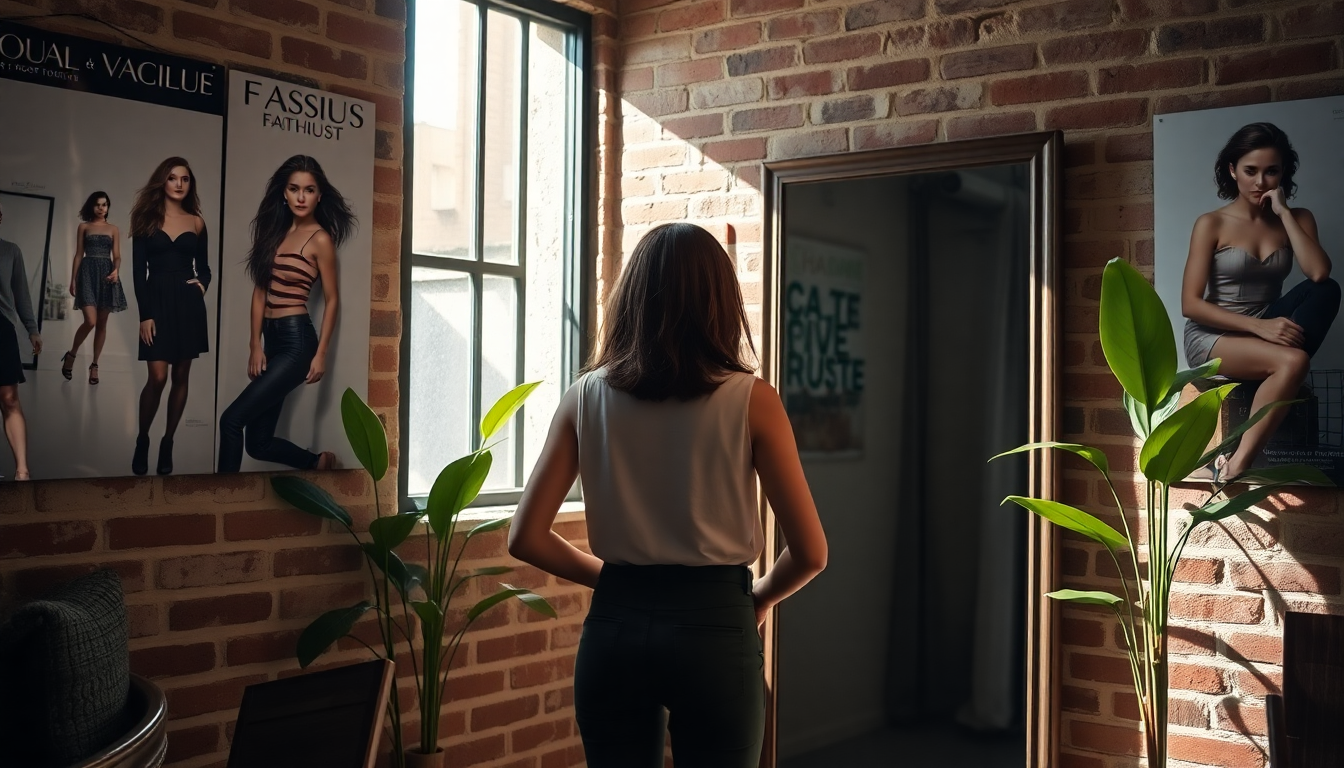Table of Contents
Recent discussions about beauty standards have sparked renewed conversations about identity, self-worth, and the heavy impact of societal expectations. A viral social media post from a former New Jersey teacher turned lifestyle influencer has ignited significant debate after she shared her feelings of inadequacy in response to an American Eagle advertisement featuring actress Sydney Sweeney.
This incident sheds light on critical issues surrounding body image and cultural perceptions of beauty, especially for women of color.
Context of the Controversy
Payal Desai, the influencer at the center of this conversation, opened up in an Instagram video about the struggles young girls of color face with self-image in a world that often prioritizes Eurocentric beauty ideals.
Her comments struck a chord with many, as she reflected on her own experiences growing up in a predominantly white community, where she often felt the pressure to conform to the prevailing beauty standards by altering her appearance.
Desai’s post quickly gained traction, racking up millions of views, but not without some backlash.
Media personality Colin Rugg shared her video with a dismissive caption, dubbing her a “professional victim.” This viral exchange highlights the starkly divided opinions on discussions about race, beauty, and self-worth in today’s society. Have we truly created a safe space for these crucial conversations?
Impact on Self-Perception
Desai’s story reveals the deep-seated psychological challenges that women of color often face when it comes to self-acceptance. In her video, she pointed out that beauty representation in advertisements frequently fails to reflect the rich diversity of real-life experiences.
The emotional strain of constantly measuring oneself against unrealistic beauty standards can lead to devastating feelings of inadequacy and insecurity. This situation begs the question: how much do marketing and media representation shape our self-esteem and cultural identity?
The backlash against Desai’s comments suggests that some believe her insecurities are rooted in personal issues rather than societal pressures.
This reflects a broader societal tendency to dismiss discussions about race and identity. Critics argue that blaming external factors for personal feelings of inadequacy can undermine individual responsibility for self-esteem. Yet, it’s crucial to acknowledge that systemic issues significantly influence how one perceives themselves.
Broader Implications and Future Discussions
The conversation sparked by Desai’s video highlights an urgent need for deeper dialogues around beauty standards and the representation of diverse identities in media. As society evolves, we must challenge traditional narratives surrounding beauty and celebrate a wider spectrum of identities and experiences. How can we create an environment that embraces diversity and dismantles the harmful perceptions contributing to low self-esteem among marginalized groups?
Looking ahead, it’s essential for brands and influencers to recognize their power and promote uplifting narratives. As we engage in these critical discussions, let’s work towards a more inclusive representation that allows everyone to see themselves as beautiful, regardless of societal standards. This collective effort can lead us toward healthier self-perceptions and foster a more accepting society. Are we ready to embrace this change together?





